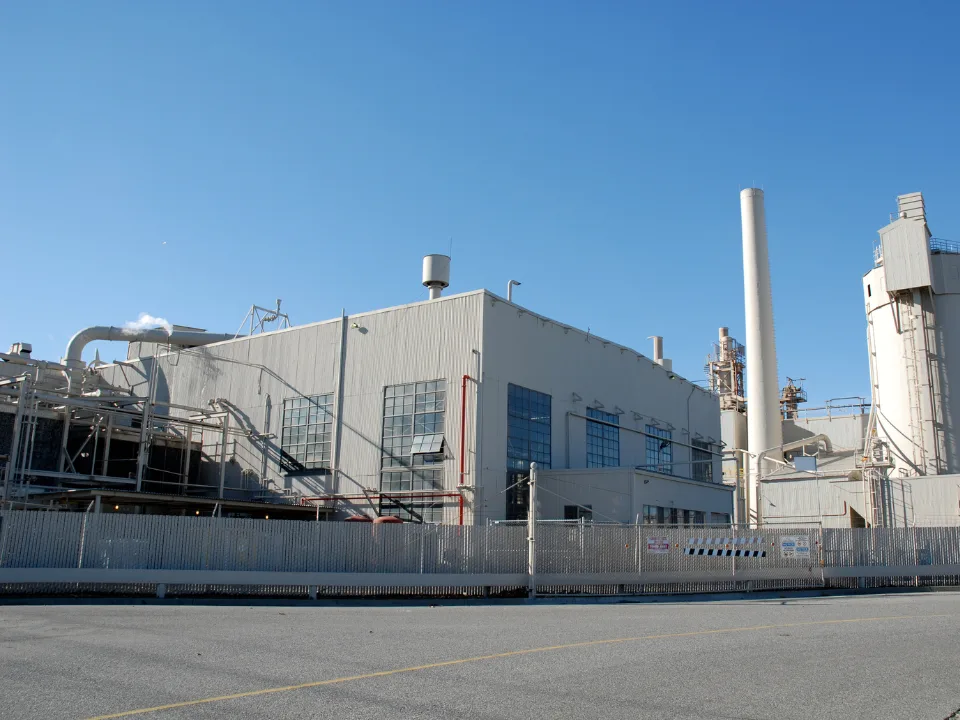- Dallas’s projected $19B pension bill over the next 30 years is driven by obligations to police, firefighters, and city employees.
- A construction boom has bolstered tax revenue, but officials are still considering measures like property sales and department consolidations to manage pension payments.
- How the city addresses the pension crisis could impact its credit rating, influencing future borrowing costs.
According to Bloomberg, Dallas—one of America’s fastest-growing cities and a burgeoning finance hub—is navigating a significant financial challenge: a $19B pension liability that threatens to strain city budgets over the next 30 years.
Despite robust economic growth and a construction boom, city officials are faced with difficult decisions to ensure the city’s long-term financial stability, including cost-cutting measures, tax revenue strategies, and possible asset sales.
A Deeper Dive
The pension issue has been brewing for nearly two decades, primarily stemming from underfunded retirement systems for police and firefighters. The situation has reached a critical point due to a state mandate requiring a plan by November 1 to address the funding gap over 30 years.
For the fiscal year beginning October 1, Dallas committed $11.2B to the police and fire pension fund and an additional $7.9B to city employee pensions, pending voter approval. However, legal disputes remain over which funding plan is viable, with a court hearing scheduled for October 30.
Dallas Chief Financial Officer Jack Ireland noted, “Our plan is something that we believe is sustainable,” attributing some optimism to the city’s growth, which is expected to boost budgets over time.
Credit Ratings, Investor Confidence
Dallas’s approach to addressing its pension liabilities is pivotal for its credit rating. The city’s history of underfunded pensions has been a blemish, with rating agencies like S&P Global noting the potential for the city’s AA rating to shift in either direction based on how it resolves this issue.
A downgrade could increase borrowing costs, complicating efforts to fund infrastructure projects in a rapidly growing city.
Matt Fabian, a partner at Municipal Market Analytics, remarked, “Investors shouldn’t assume that growth will save that credit. Longer-term bonds could face a larger rating downside.”
Not Their First Rodeo
Dallas’ pension problems stem from risky investment decisions made over a decade ago, which led to significant losses. The police and firefighter pension fund, at risk of insolvency in the mid-2010s, had invested in alternative assets like Hawaiian real estate, a Napa Valley vineyard, and undeveloped land in Arizona.
These investments were meant to diversify away from traditional stocks but led to hundreds of millions in losses. In 2017, the state intervened with a plan to cut benefits and increase contributions, but the fund remains severely underfunded, with a funding ratio of about 34% at the start of 2024.
Construction Boomtown
Amid these financial pressures, Dallas has experienced a surge in construction, positioning it as a key U.S. financial hub, second only to New York.
Companies like Goldman Sachs (GS) have expanded their presence, adding to the city’s allure. This development has increased property tax revenues, the city’s largest single revenue source, helping to manage pension contributions.
Yet, growth alone hasn’t been enough. Dallas has taken steps to cut costs, including department consolidations and new fees. Further, the city is considering selling assets such as the Dallas Executive Airport and other public properties to generate additional funds for pension obligations.
City council member Chad West emphasized, “Every dollar we can find will help us chip away at our pension obligations over time.”
The Road Ahead
How Dallas addresses its pension crisis could determine its financial future. A failure to manage the liabilities effectively risks a credit downgrade, which would raise the cost of borrowing for capital improvement projects.
Conversely, a successful strategy that leverages city growth while managing costs could stabilize its fiscal health.
The Dallas-Fort Worth area remains one of the fastest-growing U.S. regions, with population growth of nearly 153K in the year ending July 2023. If the city can balance its budgetary needs with sustained growth, it may maintain or even improve its financial standing.


















